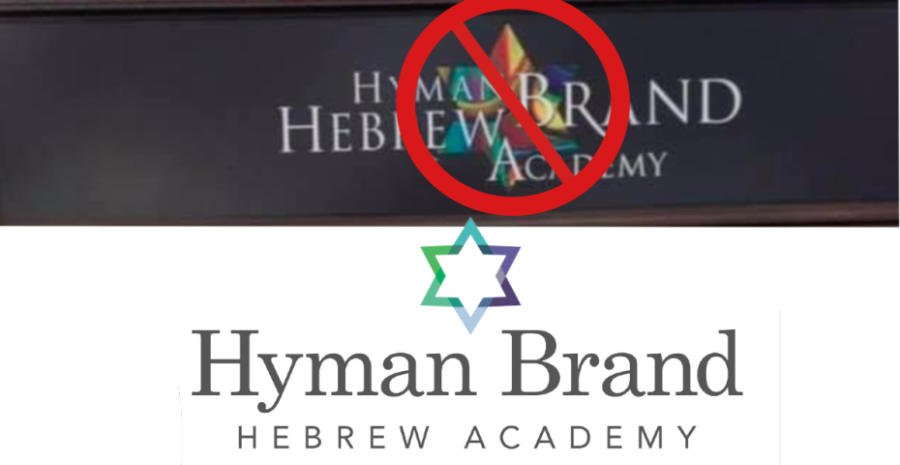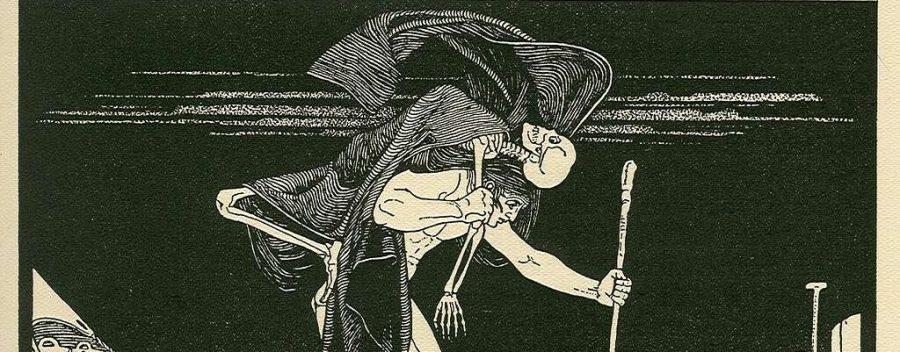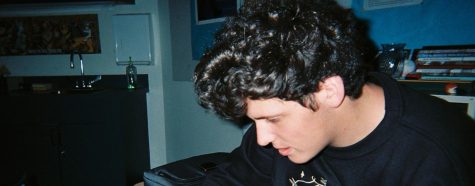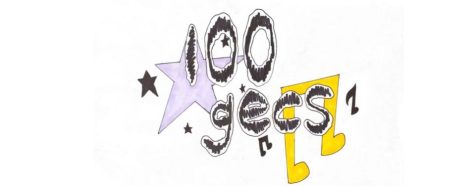The Vigil: Will This be the Start to More Future Jewish Horror Movies?
February 16, 2022
Image from Picryl.
If someone was to ask you to imagine a horror movie, one of the main things that you most likely would think about would be aspects of Christianity, spirits, exorcisms, and more, but in thinking about these horror movies, there are typically no Jewish aspects that come to mind. However, “The Vigil” (2019), directed by Keith Thomas, was able to flip the classic Christian horror movie trope and show that aspects of Judaism can be integrated into a horror movie.
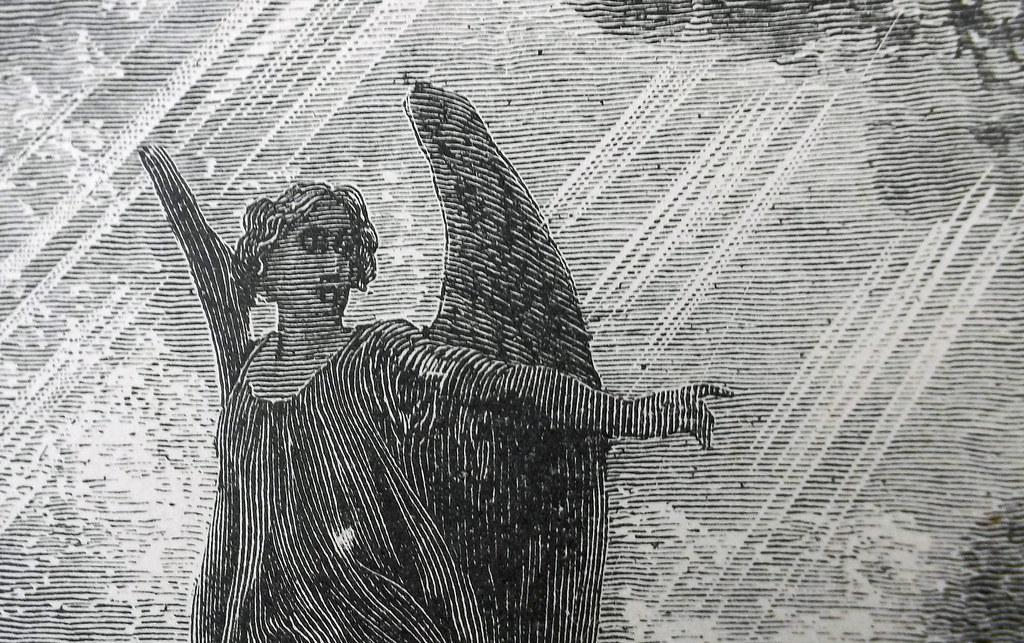
“The Vigil” is about a man named Yakov Ronen, who is tasked to be a shomer for a man who recently died. In doing so, Ronen becomes haunted by a dybbuk. The legend of dybbuks originated in Jewish folklore, and they are spirits that possess bodies of living people. The concept of a dybbuk haunting people is shown in other films as well, including “A Serious Man,” “The Unborn,” “The Possession,” and more.
In “The Vigil,” Ronen attempts to get out of being a shomer for this man, but this is what causes the dybbuk to be able to haunt him. Throughout the movie, he tries many different plans to escape this dybbuk, but when they all lead to no help, he figures out one final way to defeat the dybbuk and escape it’s haunting.
The dybbuk is just one example of concepts from Jewish folklore that have been brought into the light via film. Another example is the concept of Lilith. The story of Lilith in Jewish folklore is that she was the first wife of Adam and there were complications in their relationship, following which she left the Garden of Eden. After she left the Garden of Eden, God sent angels to bring her back, but she did not cooperate. Therefore the angels killed 100 of her children every day. To go against God and these angels for killing her children, Lilith is said to be responsible for the deaths of stillborn babies and babies that die from Sudden Infant Death Syndrome.
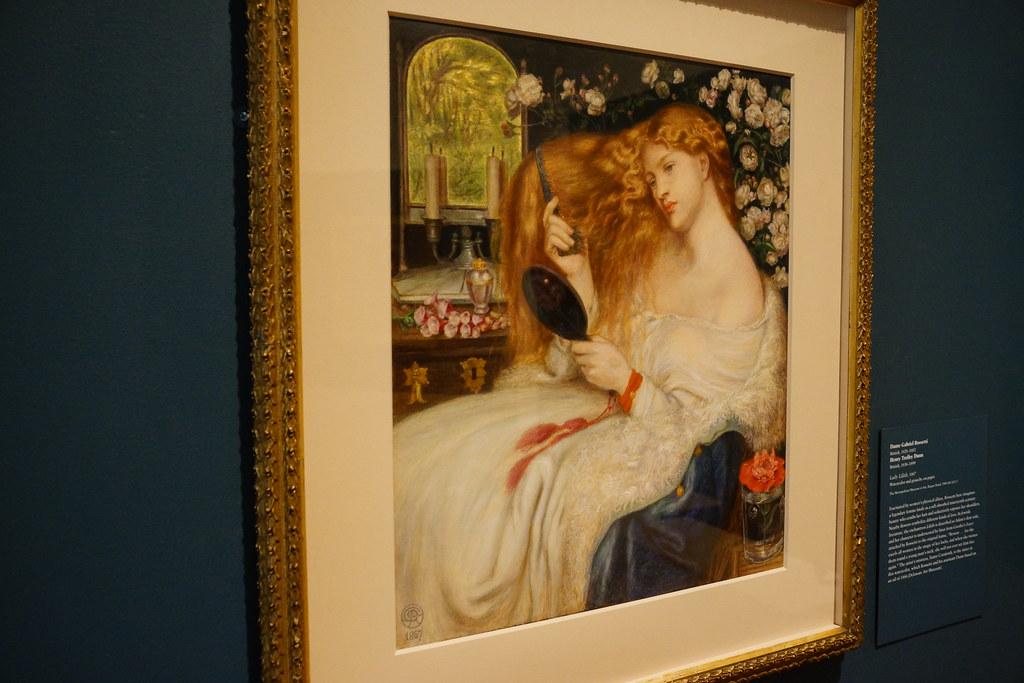
The concept of Lilith has not only been alluded to in many movies and TV shows as a demon, but she has also been seen as a feminist icon by some. The feminist movement has taken a different approach to her character and instead of viewing her as a demon, they have viewed her as a powerful woman who opposed Adam and stood up for herself against the unfair patriarchy that she was placed in. Whichever way you view her, whether it be a demon who murders babies or a strong woman who stood up for herself and was unfairly punished, she has still been a concept of Jewish folklore that has been explored in many movies or TV shows.
Another concept that has been pulled from Jewish folklore into popular movies is the concept of the golem. In Jewish folklore, a golem is a creature that is created from dirt and becomes alive after specific Jewish prayers. The golem has been a part of many movies including “The Emperor and the Golem,” “The Golem” (2018), and many more.
Even though there are not many Jewish horror films at the moment, there are still many concepts that are unused that can be used in future Jewish horror movies through further exploration of Jewish folklore.








